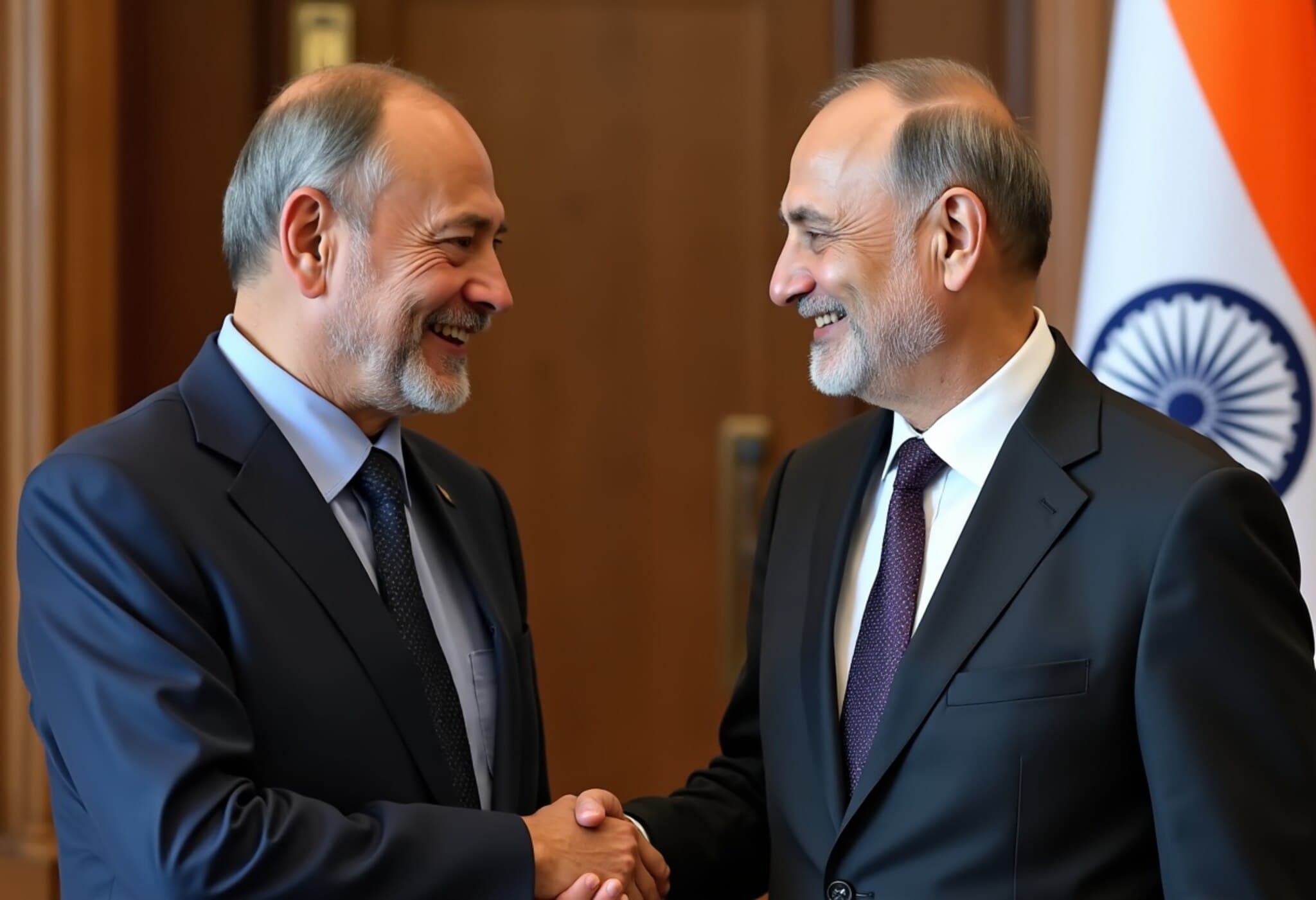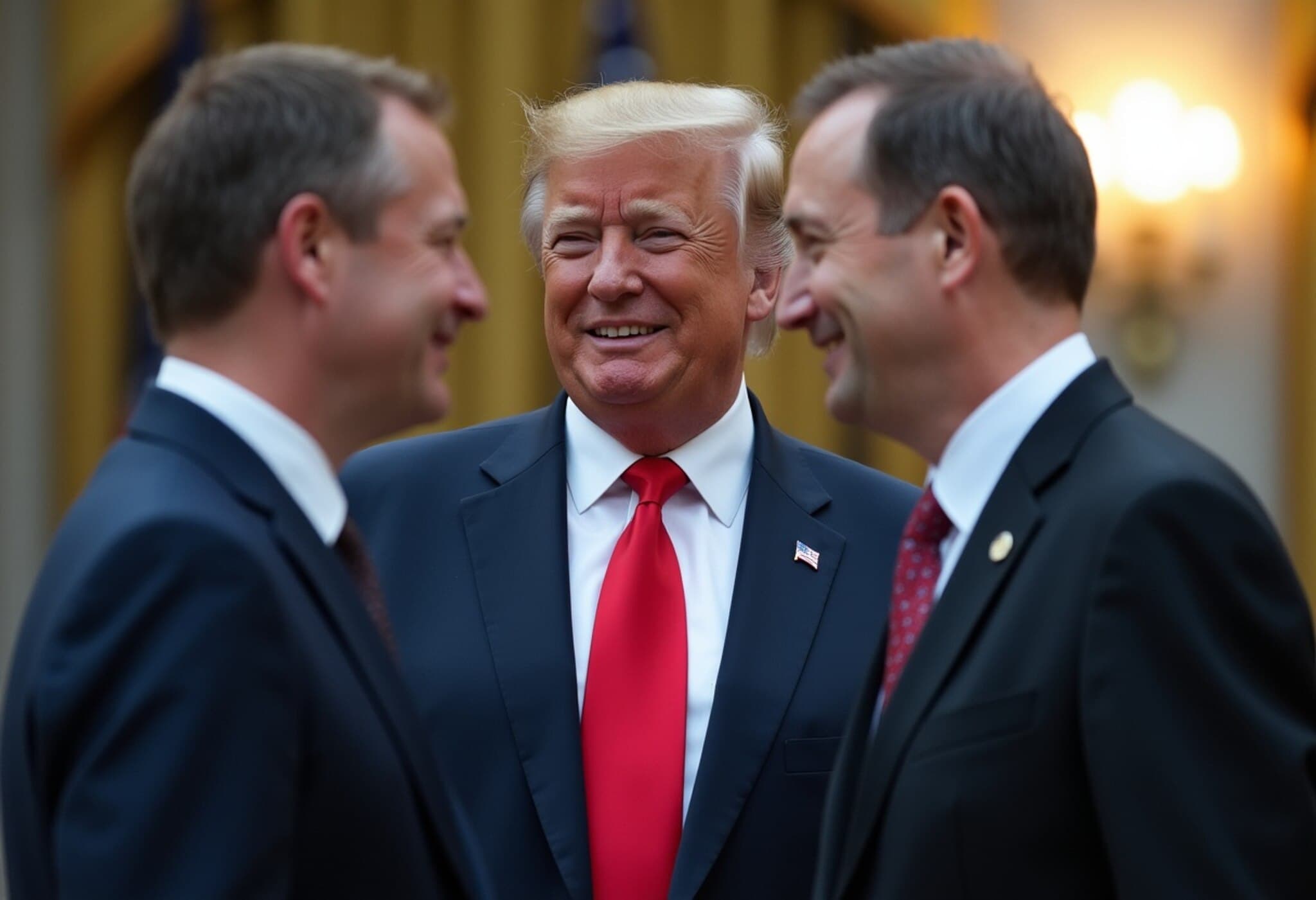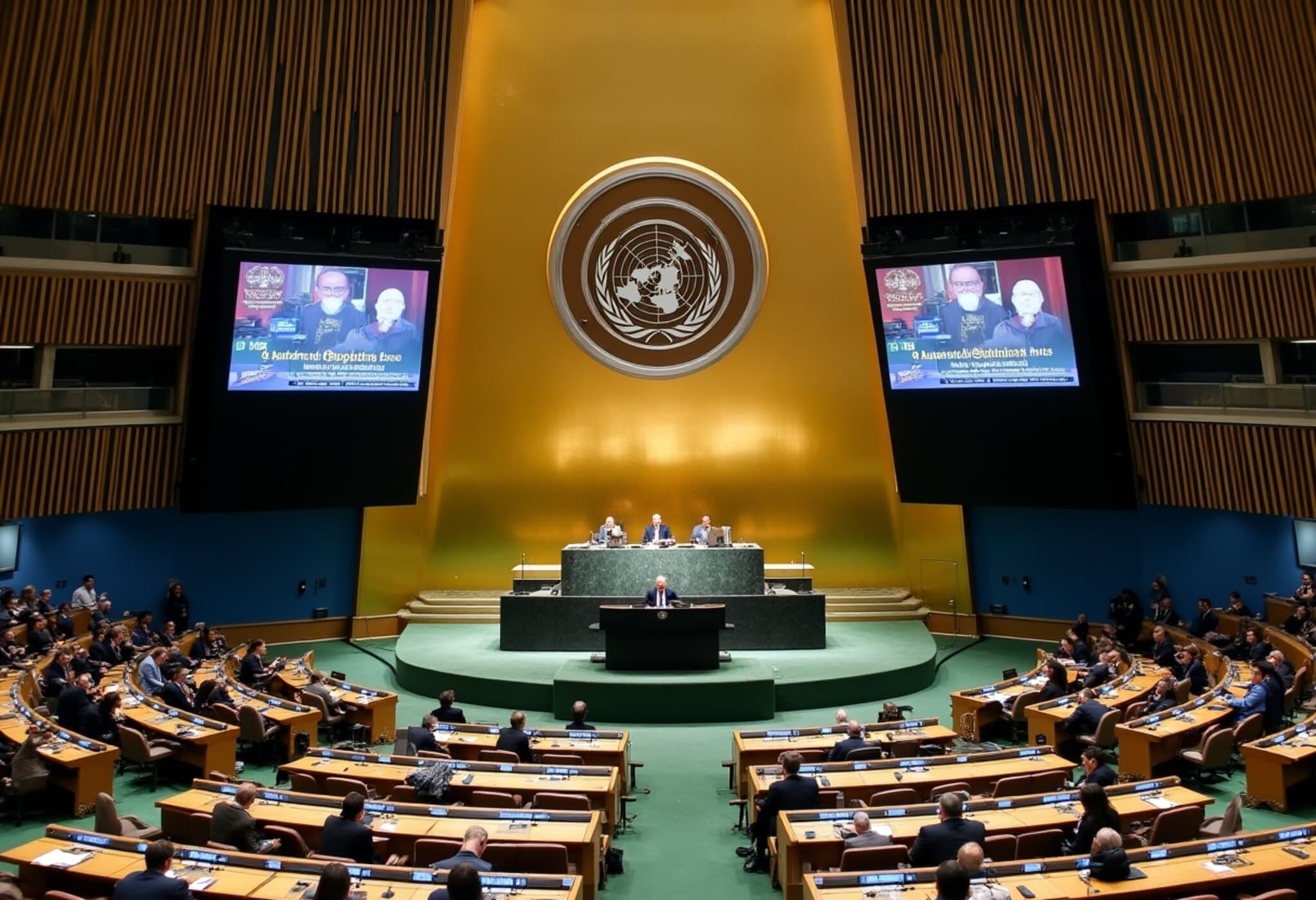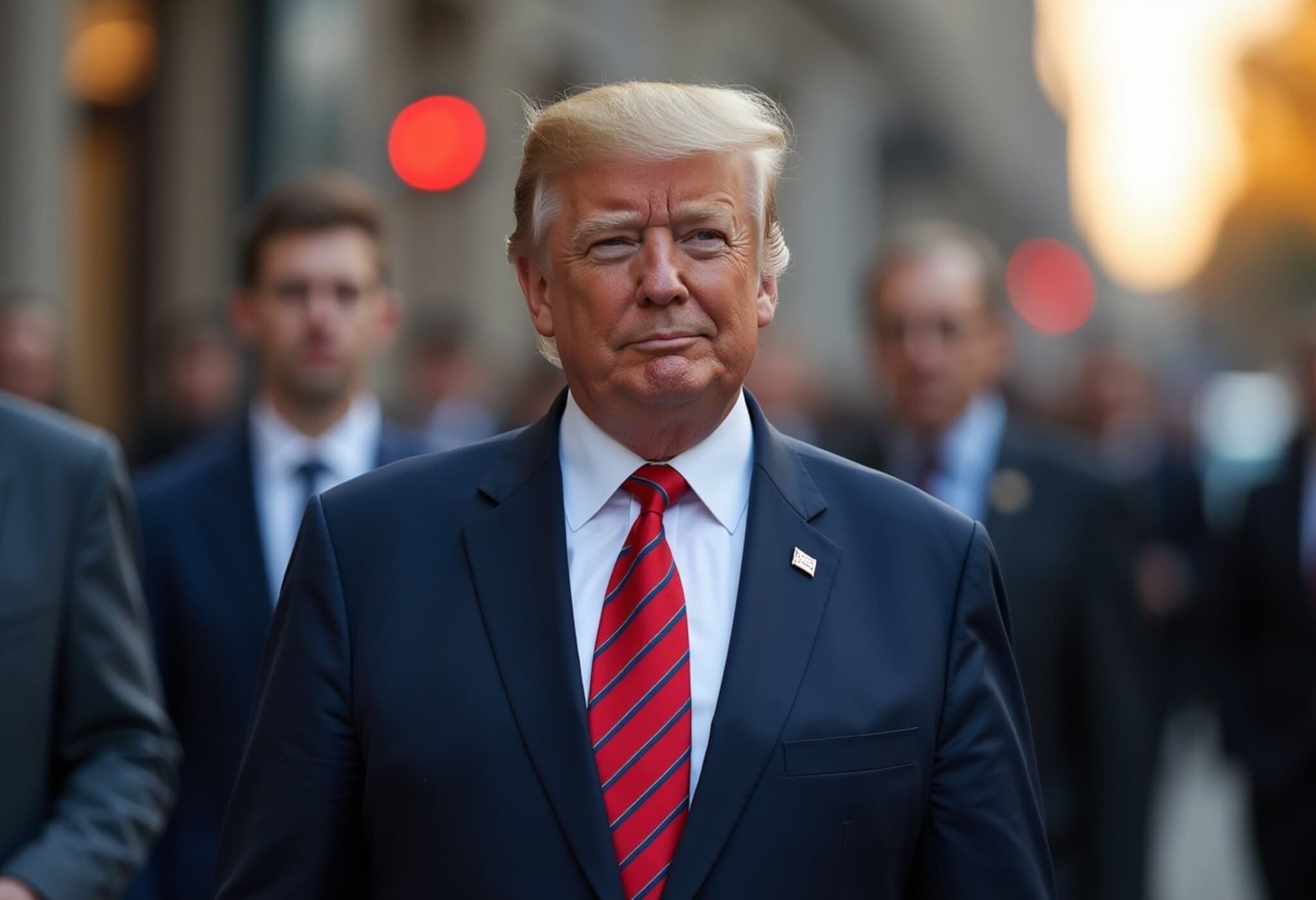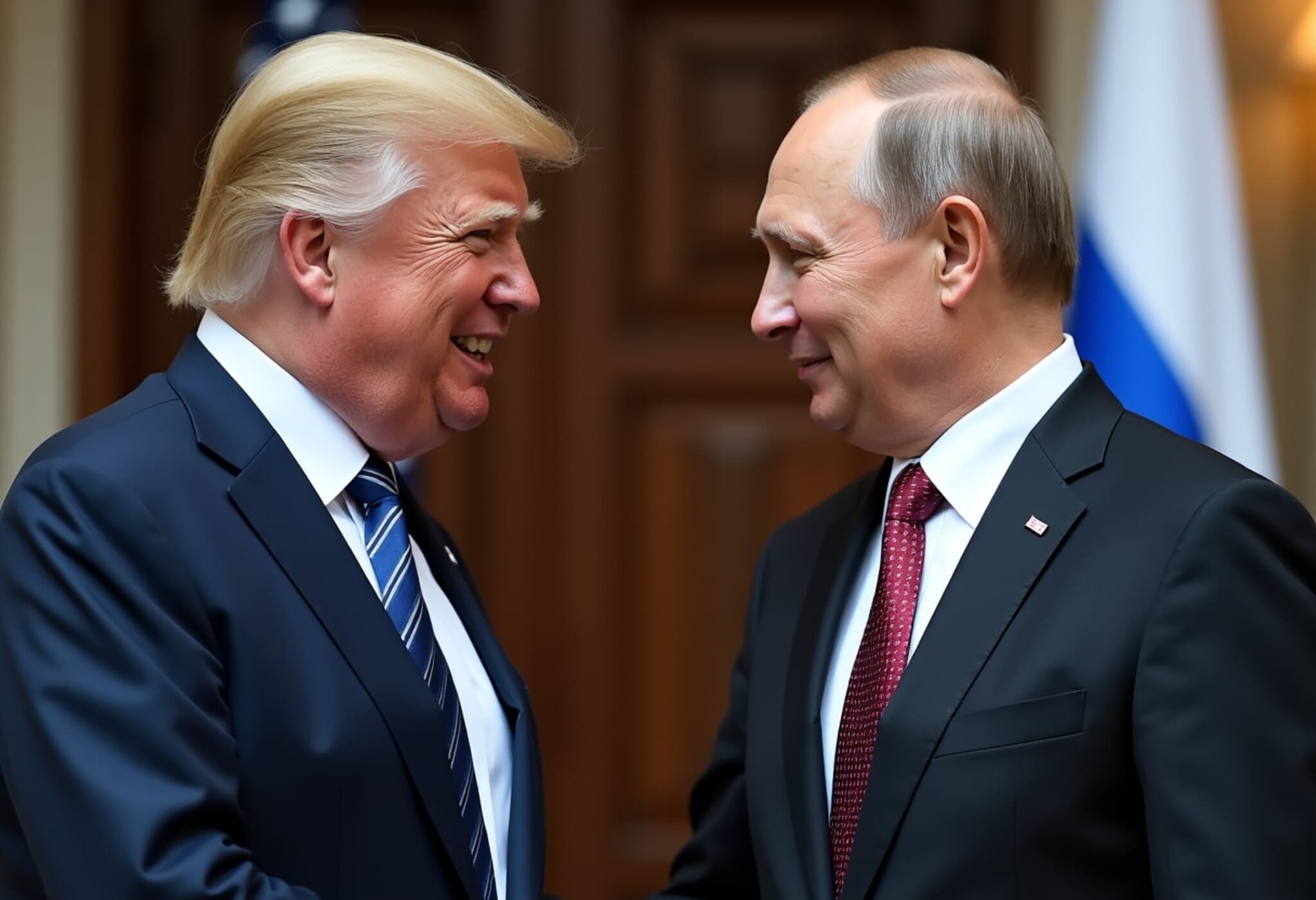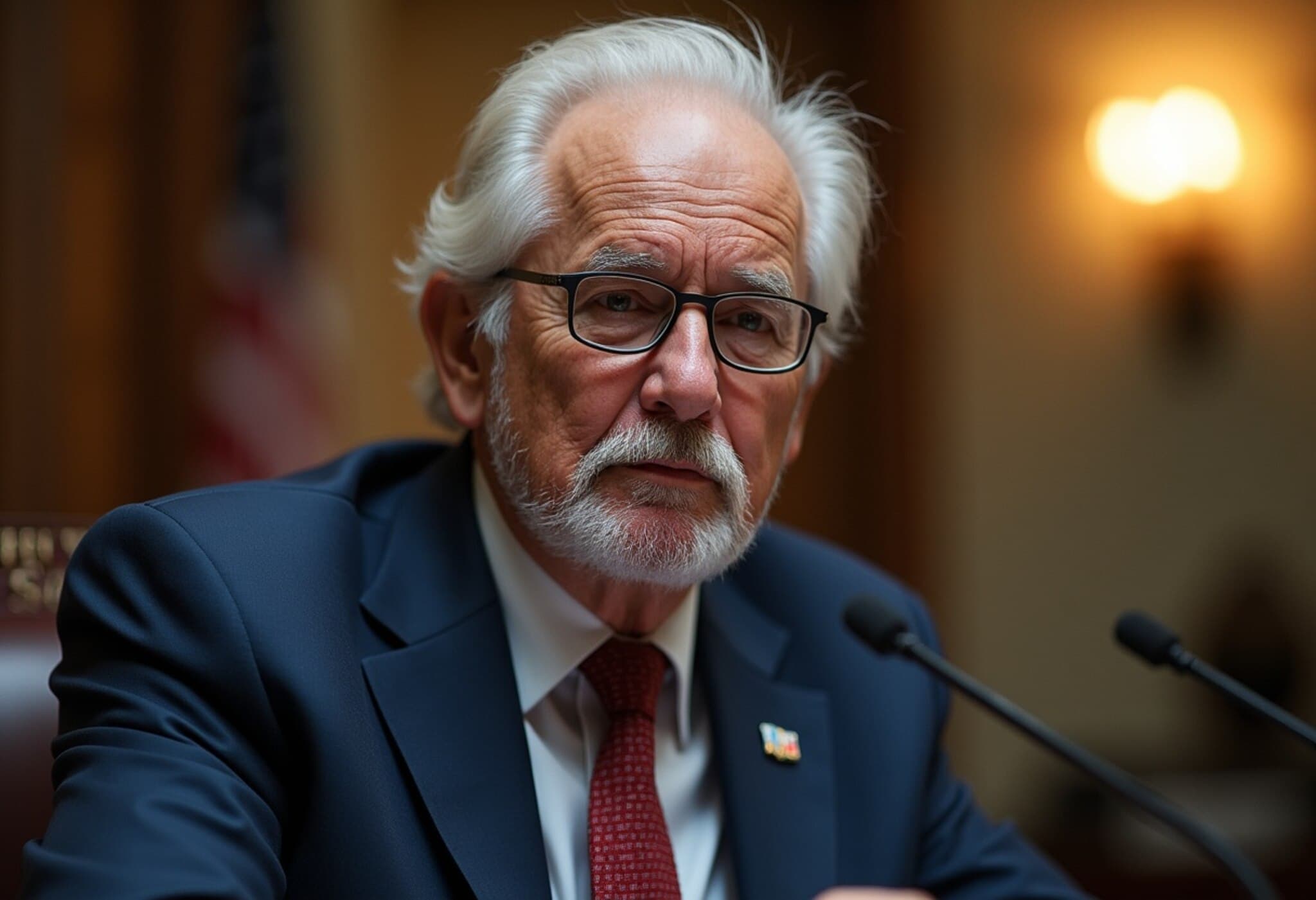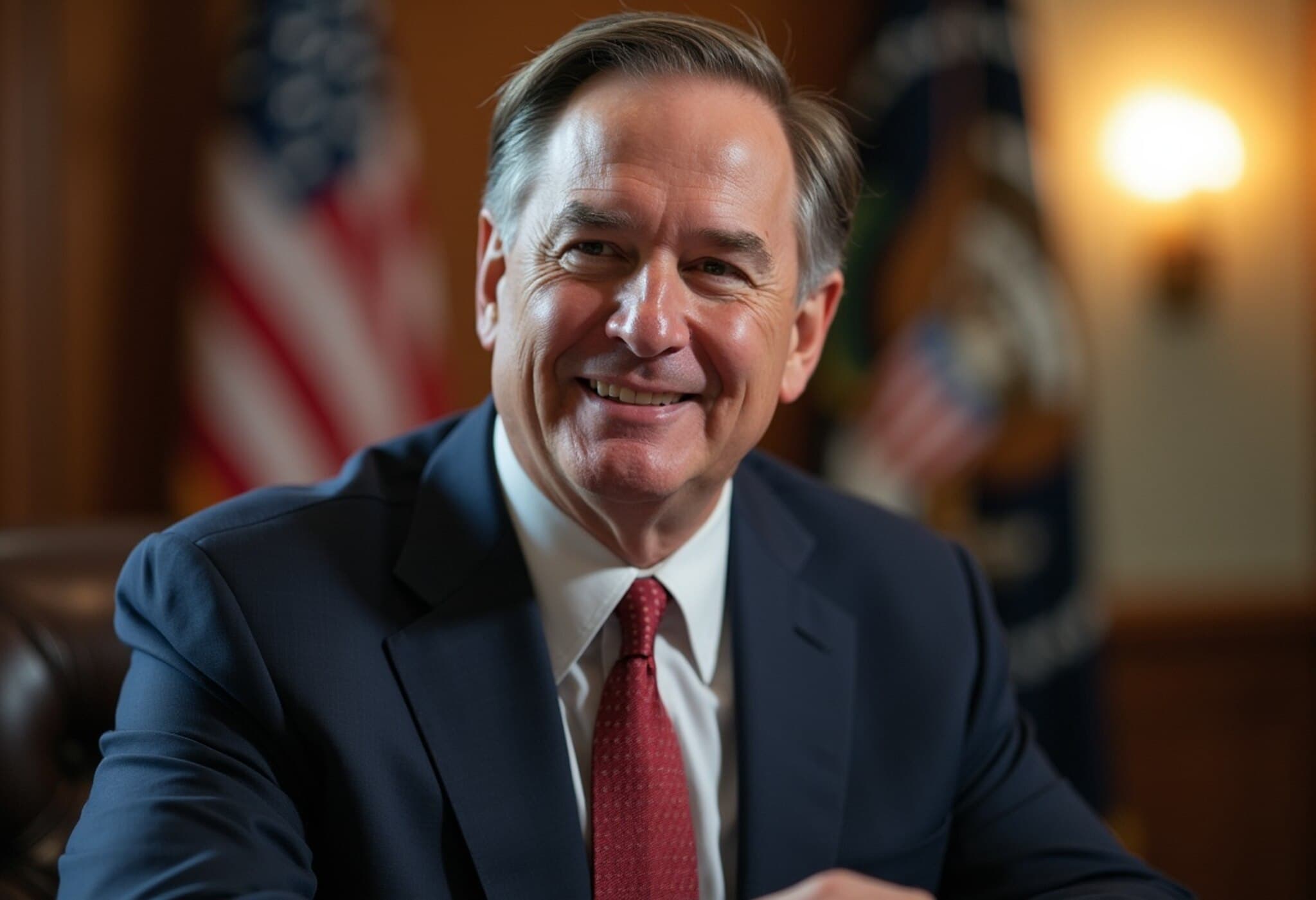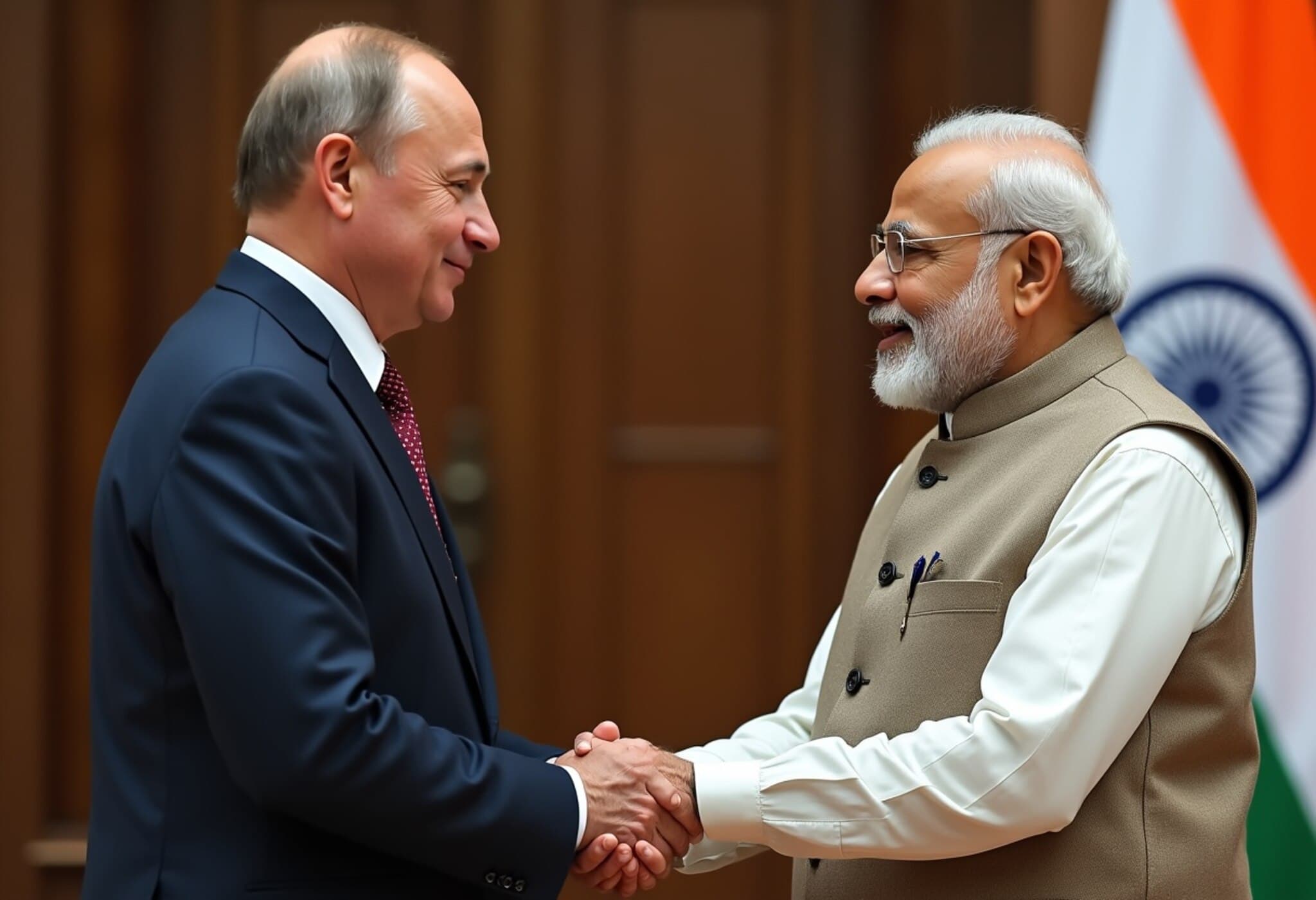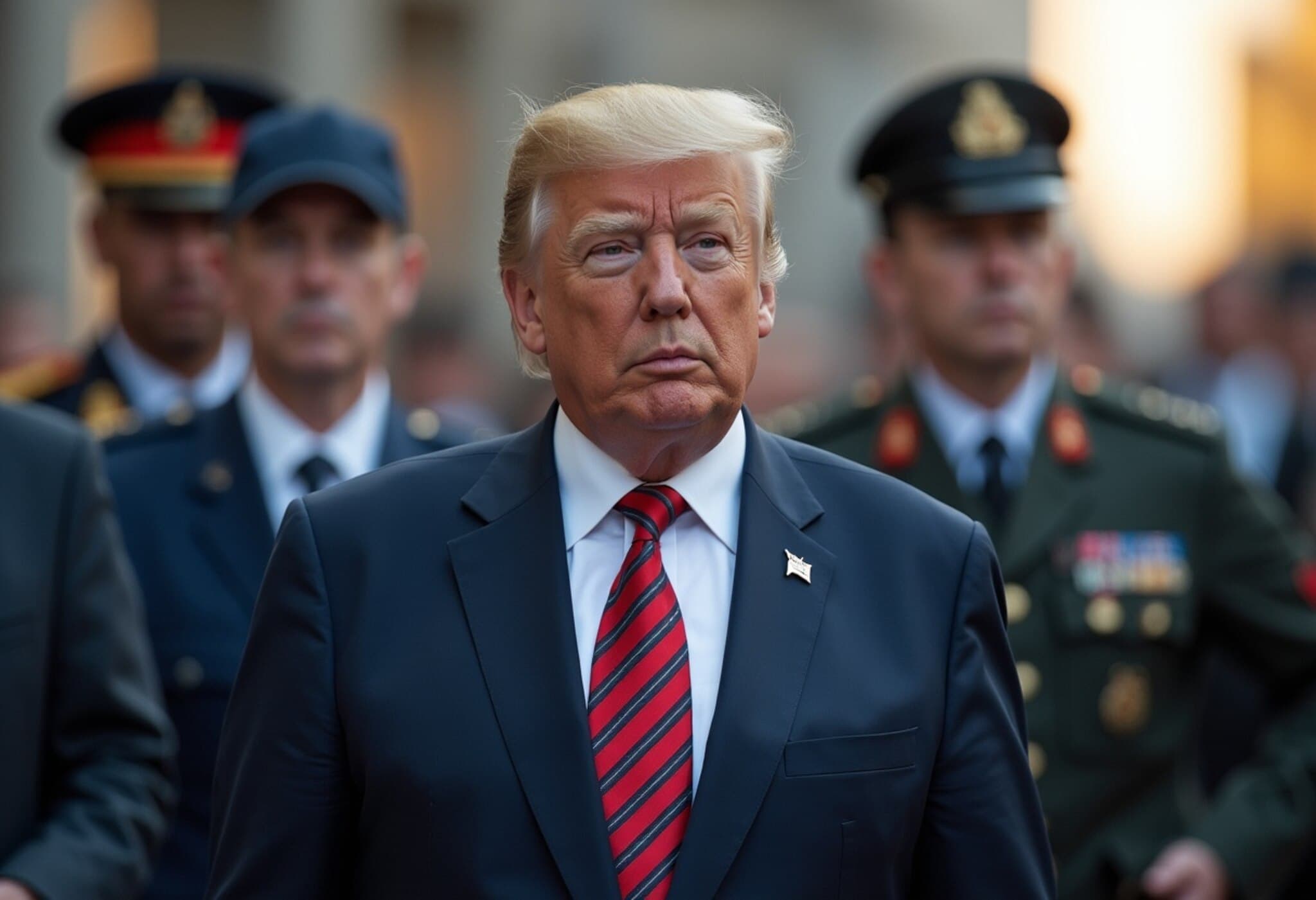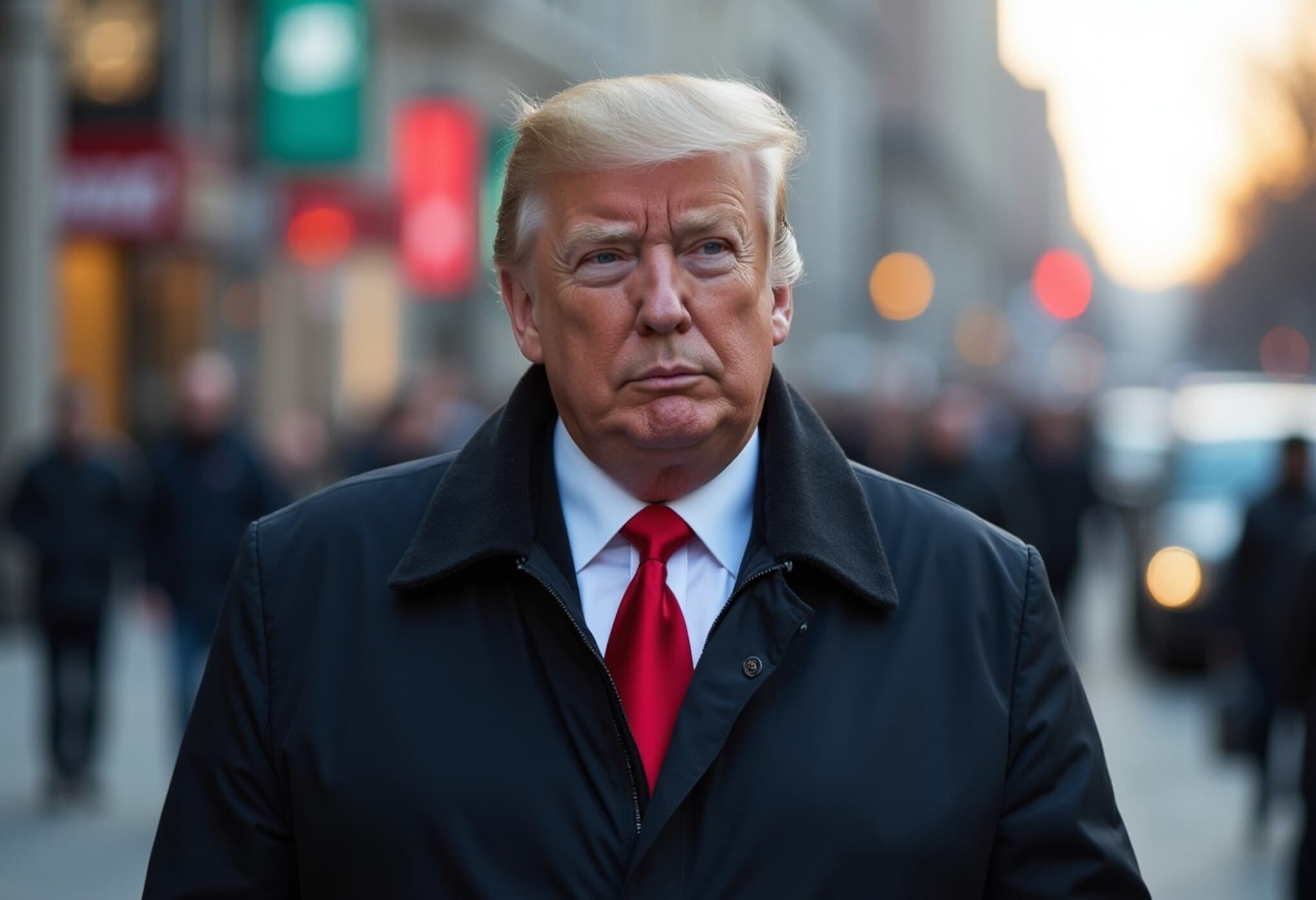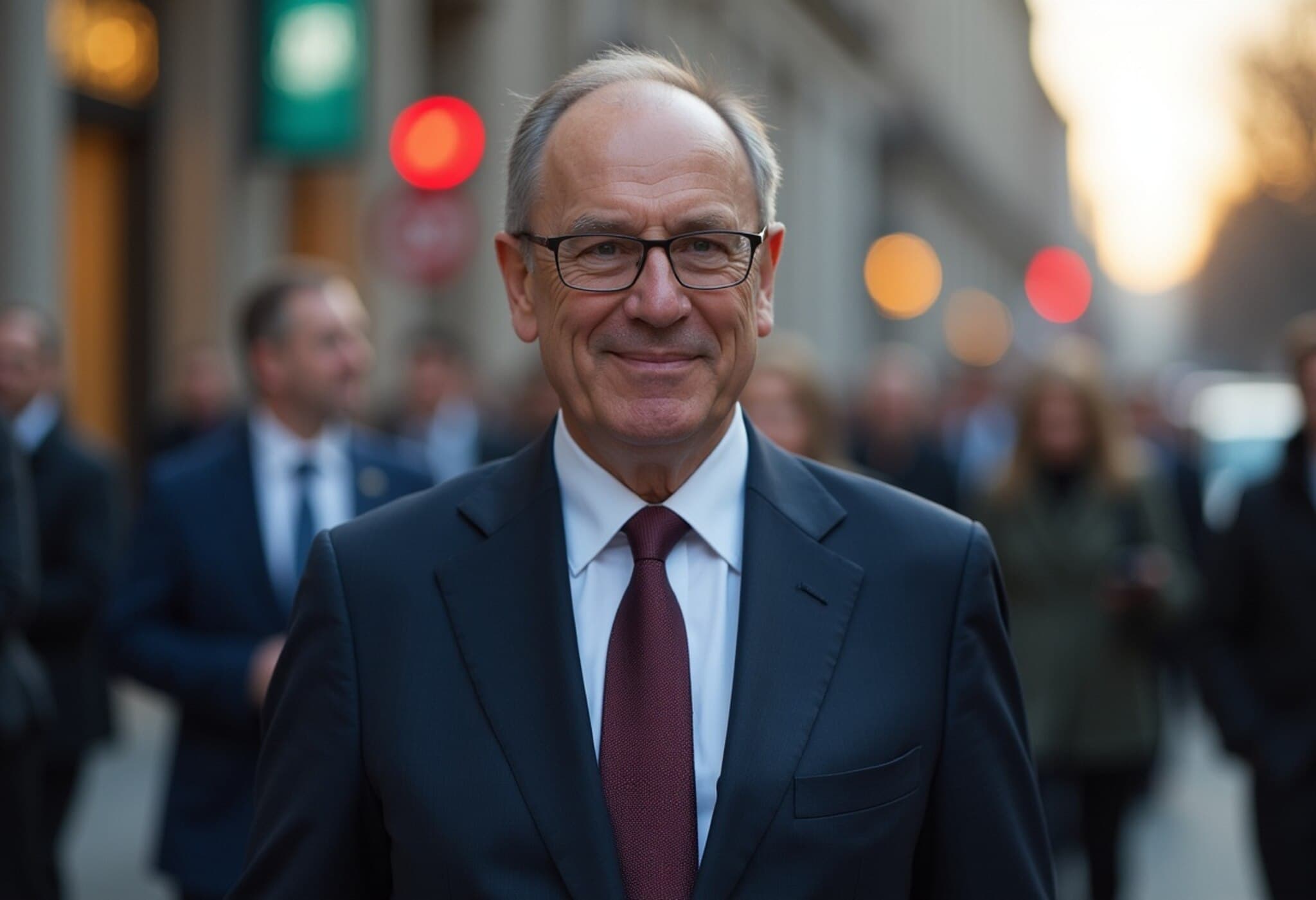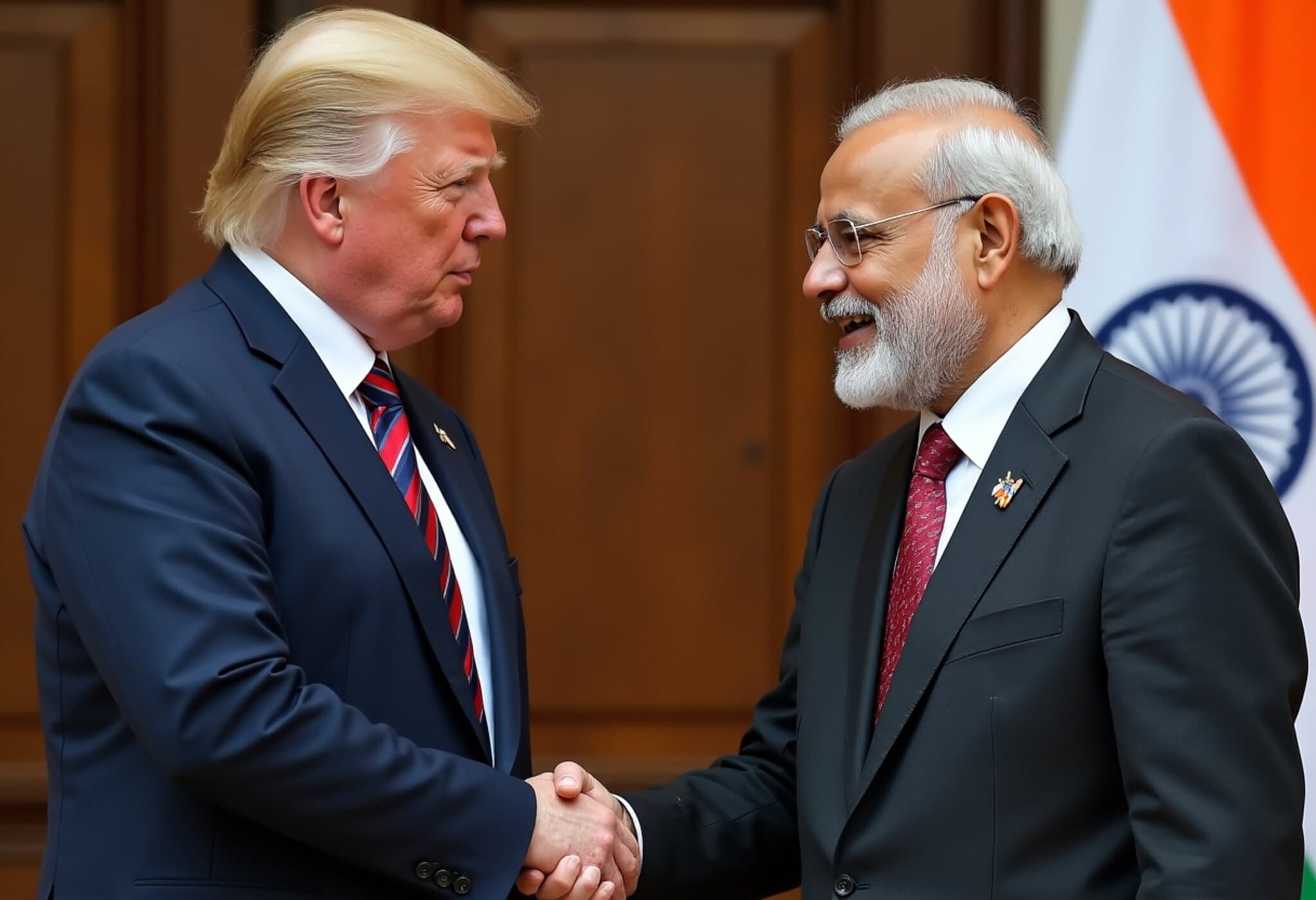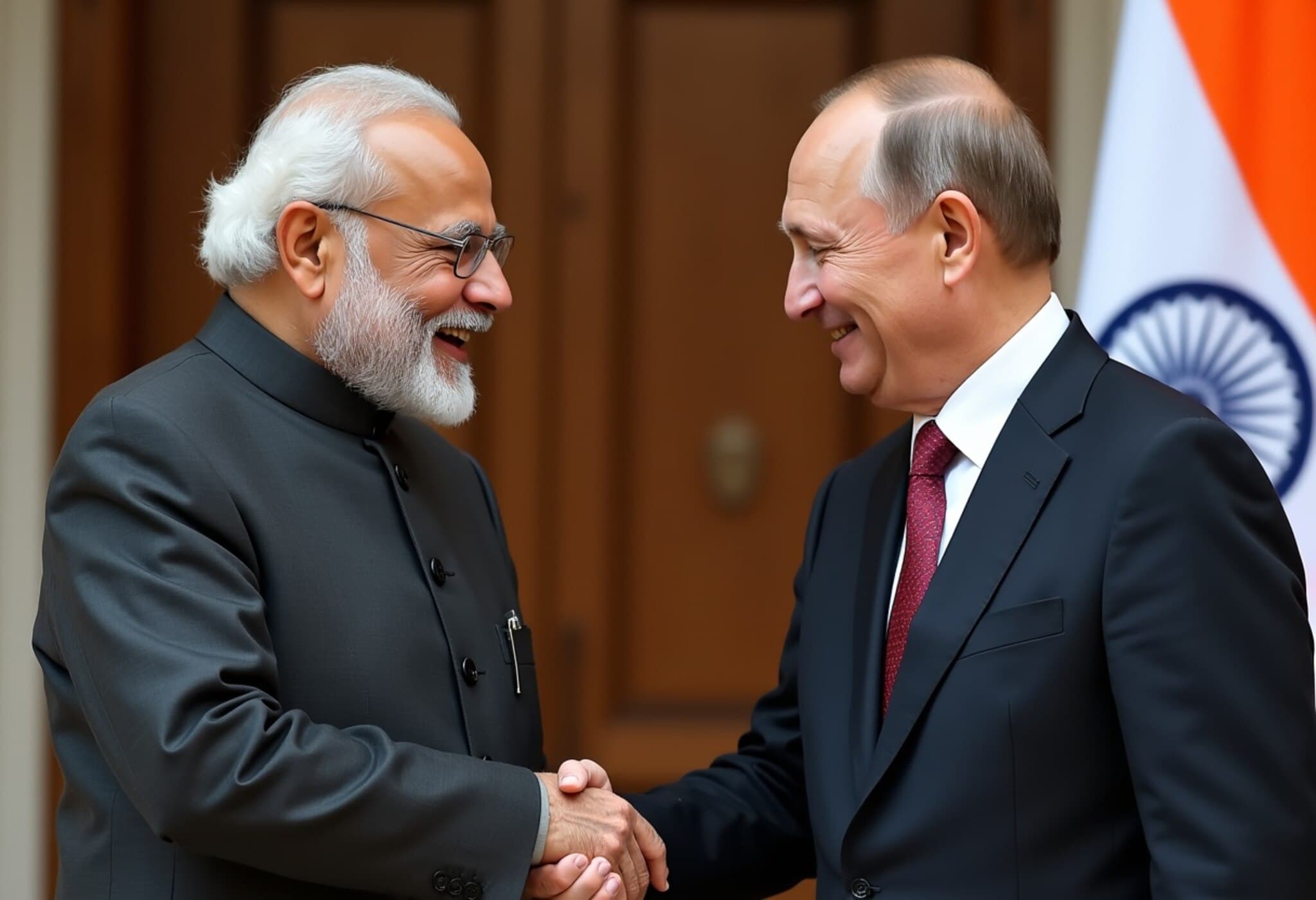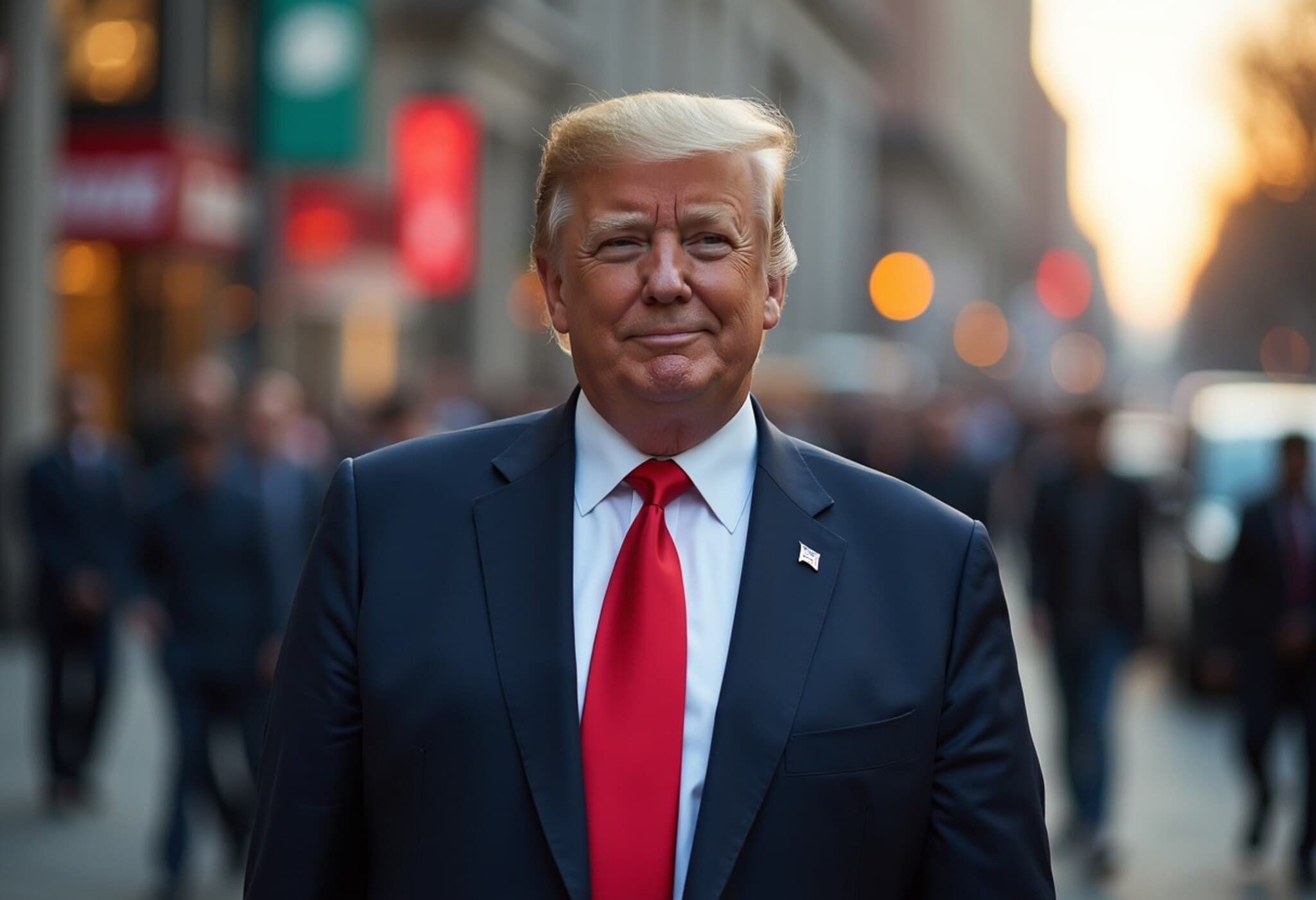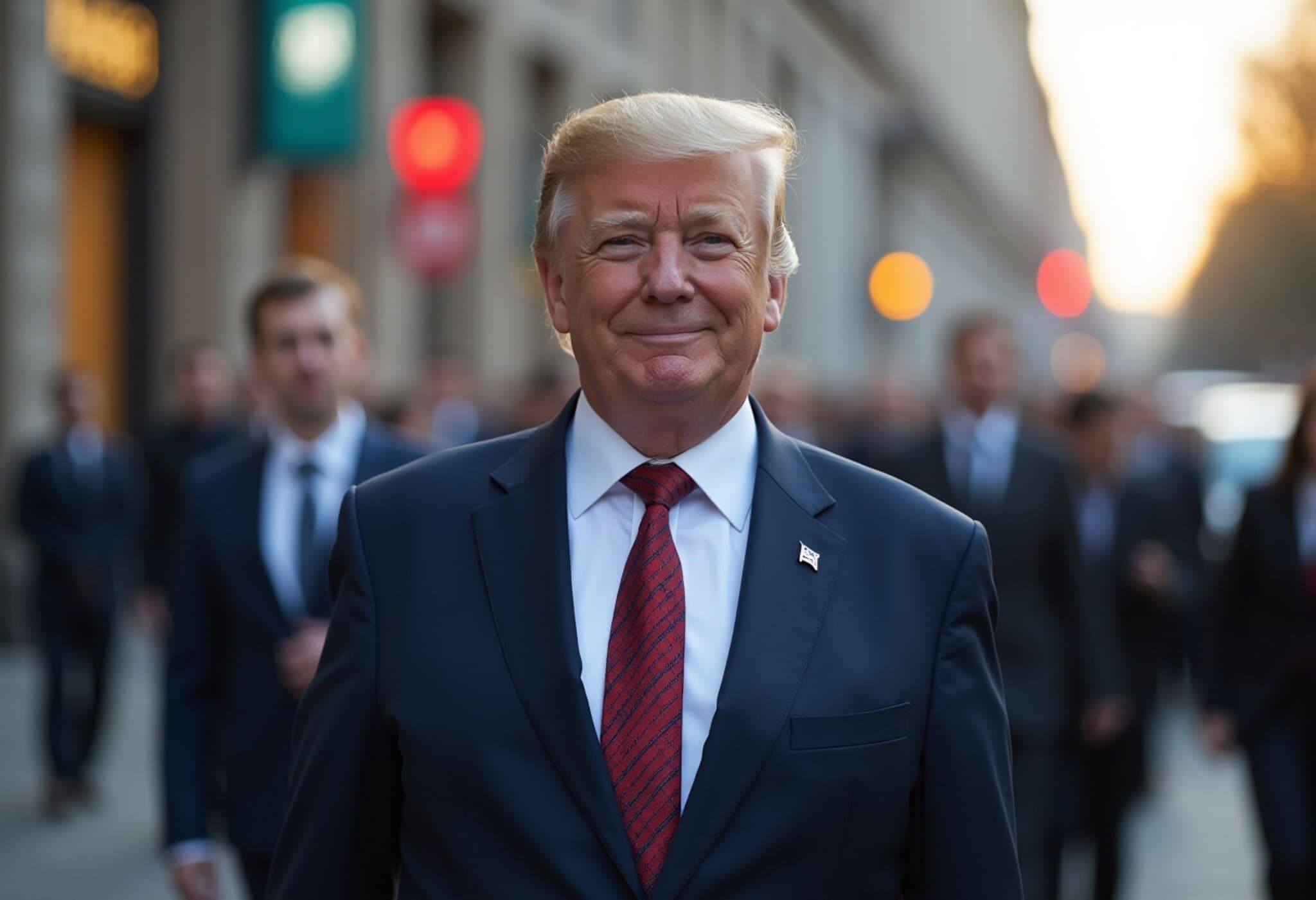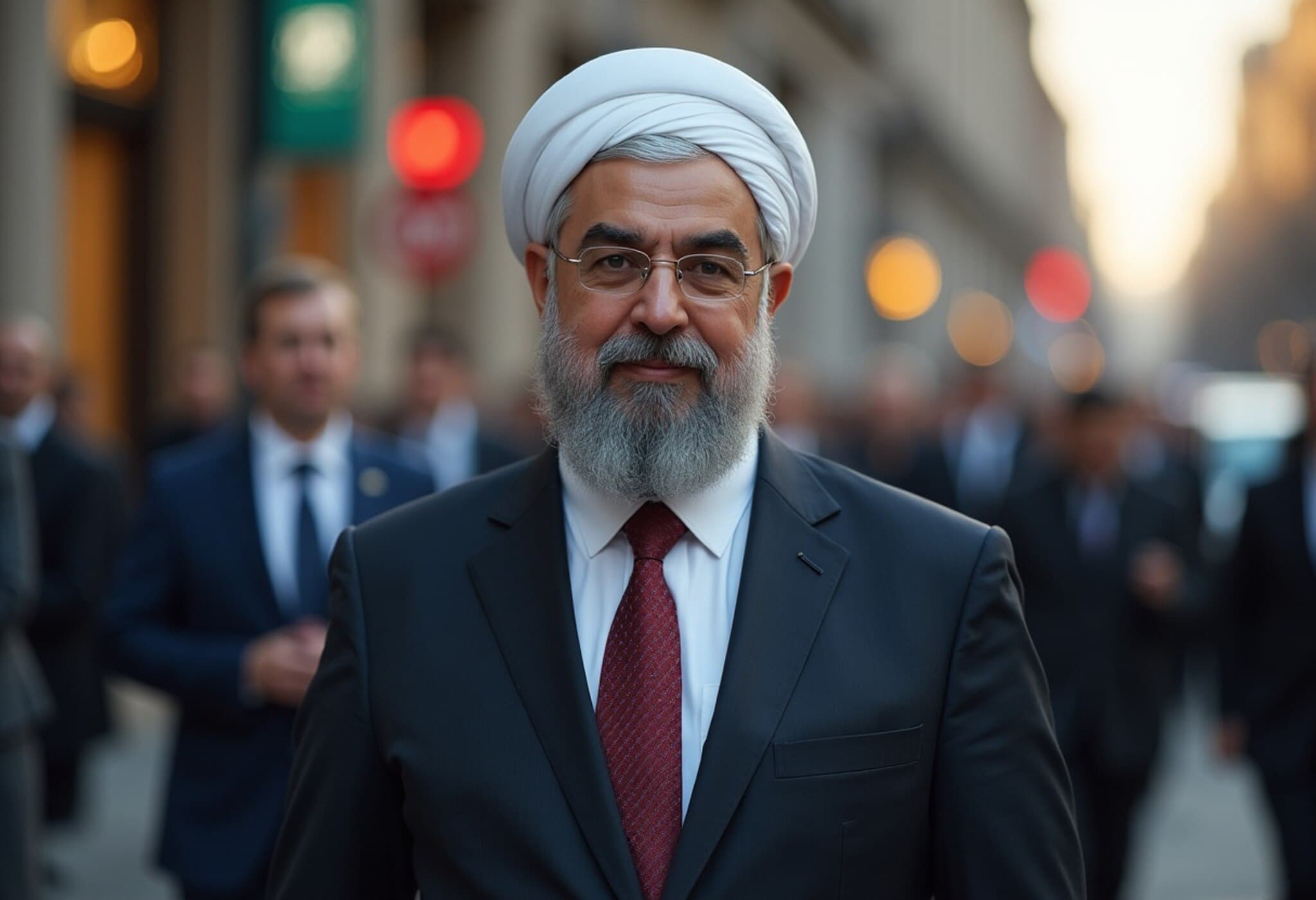India-Russia Diplomatic Engagements Set to Deepen with Jaishankar’s Moscow Visit
In a significant development amidst shifting global alliances, India’s Minister of External Affairs, S. Jaishankar, is scheduled to visit Moscow on August 21, 2025, to hold comprehensive talks with Russian Foreign Minister Sergey Lavrov. This visit, officially announced by the Russian Foreign Ministry, signals a reinforcement of Indo-Russian ties despite growing external geopolitical pressures.
Agenda: Bilateral Ties and International Cooperation
According to a statement from Moscow, the meeting aims to address “key issues on our bilateral agenda” alongside exploring strategic cooperation within multiple international frameworks. The discussions are expected to encompass economic, political, and security dimensions of the partnership, reflecting the long-standing relationship between the two nations that dates back to the Cold War era.
Context: A Strategic Response Amid Global Tensions
Jaishankar’s upcoming visit arrives weeks after National Security Advisor Ajit Doval’s recent trip to Russia. Although these visits were planned independently, they coincide with a turbulent phase in India’s external relations—especially with the United States. The US recently imposed a hefty 50% tariff on Indian imports of Russian oil, attributing it to concerns over Russia's war efforts in Ukraine. These tariffs mark a notable strain in India-US relations under President Donald Trump’s administration, which has accused India of indirectly supporting Russia’s military actions.
The Broader Geopolitical Landscape
- Vladimir Putin's Expected Visit to India: Later this year, Russian President Vladimir Putin is anticipated to make his first visit to India since the full-scale invasion of Ukraine, underscoring India's role as a vital partner for Russia amid its diplomatic isolation.
- Prime Minister Narendra Modi’s Diplomatic Moves: India’s Prime Minister is set to attend the SCO Summit in China where Putin is also expected, hinting at a nuanced balancing act between Russia, China, and India within regional multilateral forums.
- RIC Forum Dynamics: Calls for India to leverage the Russia-India-China (RIC) grouping as a counterbalance to US-led economic pressures remain cautious. Experts warn that China’s dominant role in the bloc may limit India's strategic autonomy.
Examining Underreported Dimensions
While the Indo-Russian rapport appears robust on the surface, analysts emphasize the complexity underlying India-China relations, especially post the 2020 Ladakh border standoff. Although initiatives such as visa resumptions and pilgrimage services signify thawing tensions, deep-seated mistrust persists, impacting India’s multilateral engagements with China and Russia.
From an American policy perspective, these interactions raise critical questions about the US’s efficacy in curbing energy trade with Russia without alienating pivotal partners like India. Moreover, the economic fallout from tariffs threatens to push India closer to alternative global power centers, potentially reshaping long-term diplomatic and trade alignments.
What to Watch Next
- Outcomes of Jaishankar-Lavrov talks: Will there be new agreements or strategic initiatives unveiled?
- Impact of Putin’s India visit on global diplomatic equations, especially concerning the Ukraine war.
- How India balances its ties with the US, Russia, and China amid increasing geopolitical fragmentation.
Editor’s Note
Jaishankar’s Moscow visit is more than a diplomatic appointment; it’s a window into how India navigates the turbulent waters of great-power rivalry and sanctions regimes. For policy watchers, understanding this visit provides insights into India’s broader foreign policy ethos—marked by strategic autonomy and multi-alignment. The unfolding of these talks and subsequent leadership interactions will be critical to grasping India’s positioning on the global chessboard in an era marked by complex interdependencies and shifting allegiances.

